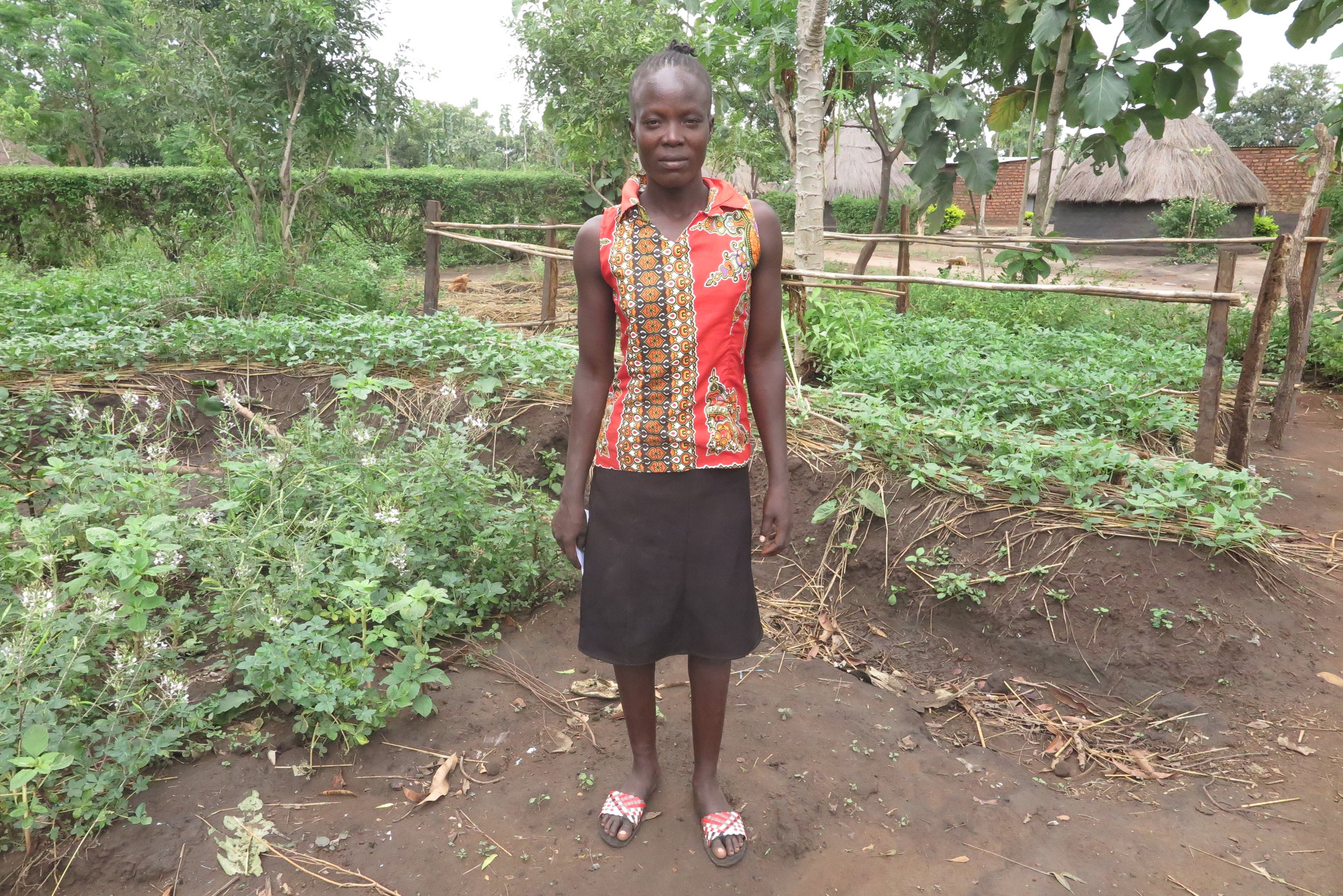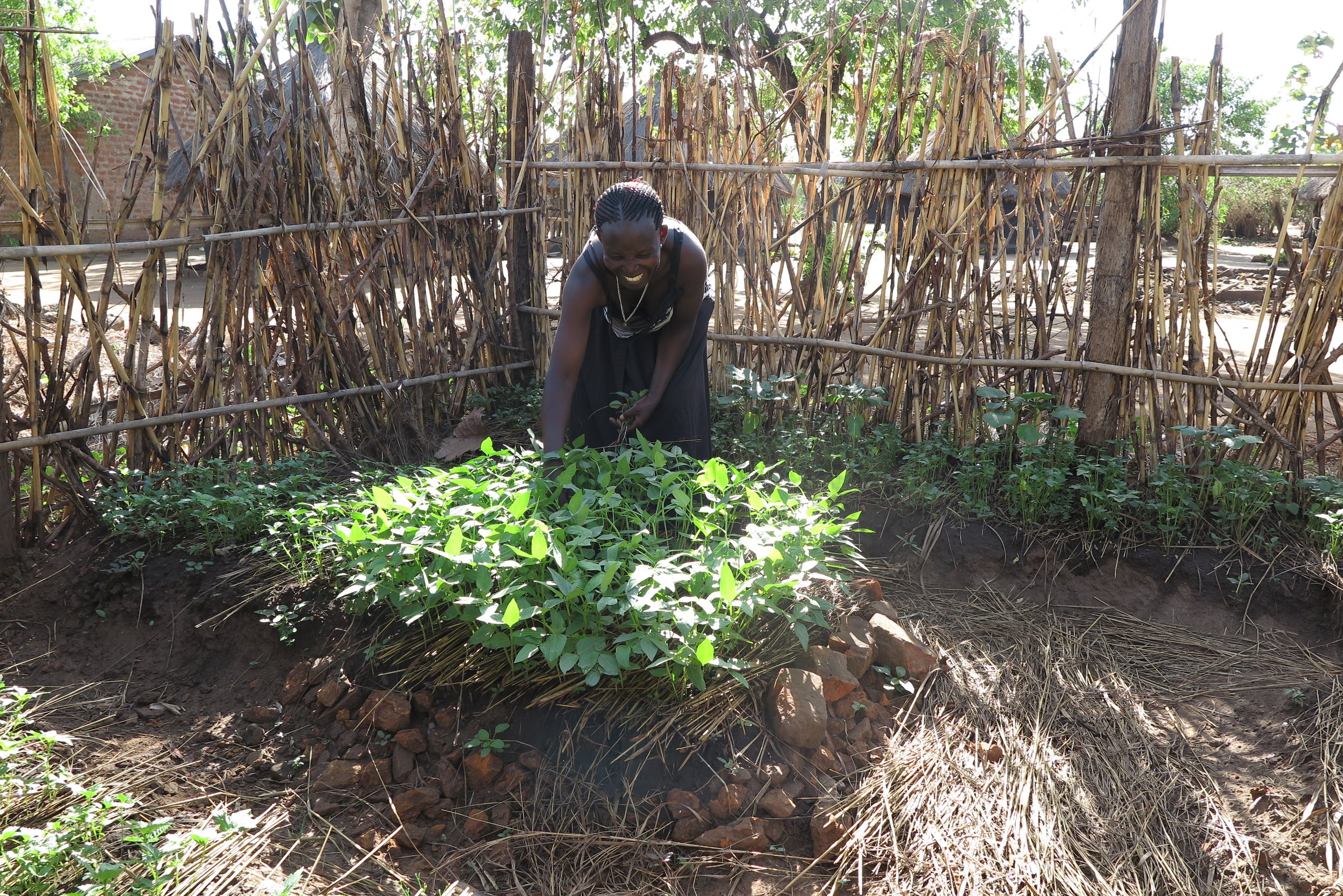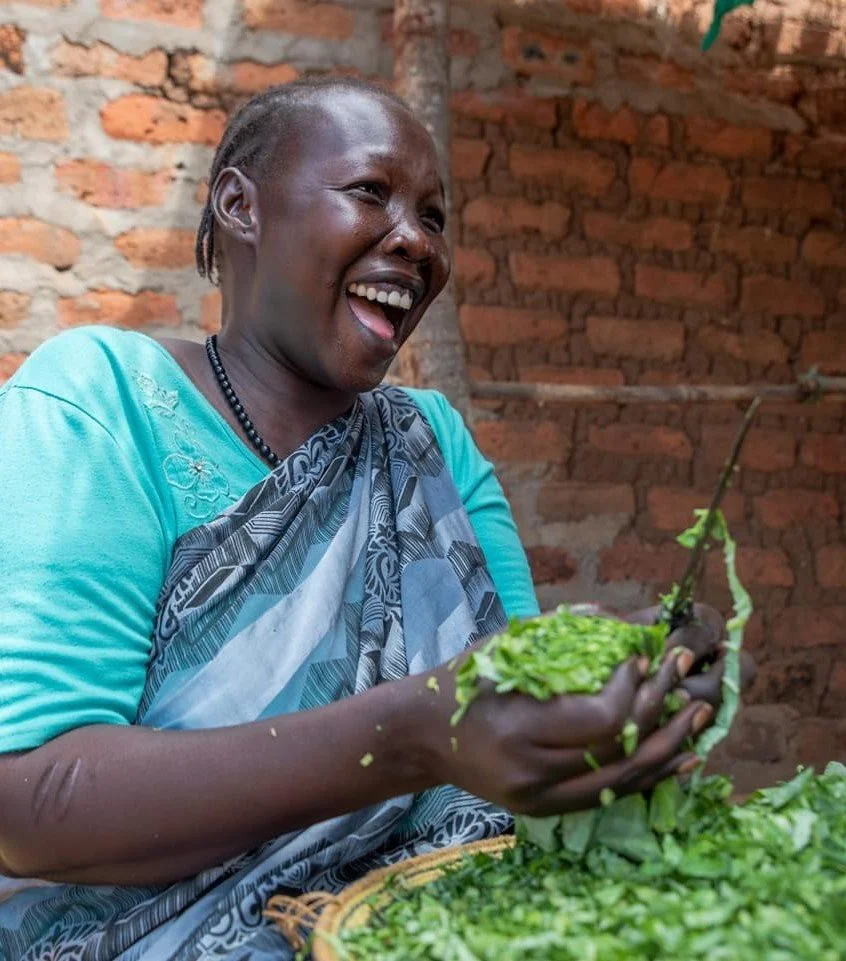
Women’s Empowerment
250
refugee women are participating in a 2-year training program through a collaboration with African Women Rising.
Our implementing partner, African Women Rising (AWR), specializes in teaching perma-gardening, an intensive high-yield agricultural approach. Refugee women learn perma-gardening in the first year, receiving training, technical support, tools, and materials. In the second year, they learn business basics and receive the equivalent of $400 in a cash grant and tools to launch their own businesses.
This program not only increases crop yields and literacy but also builds savings for education and healthcare, providing viable income assets. With proven success in Ugandan villages, this initiative now extends to refugee women in Palabek Settlement, Uganda, funded by Mercy Beyond Borders in collaboration with AWR to oversee progress and engagement.
If you are a refugee, you’ve lost not only your homeland but also your place in the community, your livelihood, your ability to provide for your children, and perhaps also your hope for the future.
Did you know that the average length of stay now for refugees in camps worldwide is 20 years?
If you are a woman head of household in a refugee camp, you face the daunting challenge of restoring some sense of security for your children (even when you yourself are traumatized), the near-impossible dream of finding money to keep them in school, and the desperate fact of daily hunger.
The UN reduced food rations by 2/3 in 2021, due to funding shortfalls.
During the summer of 2023, the World Food Programme and the Ugandan government announced they would stop all rations except for the most vulnerable households.
This drastic change underscores the immediate and significant need for timely implementation of perma-gardening initiatives in refugee settlements.
Meet Evaline
1st-year in program
Evaline, a widow from South Sudan, is now the sole provider of 11 extended family members. She cultivates a marvelous sorghum garden. She also grows maize, sweet potatoes, peas, tomatoes and beans. The harvest feeds her family. The surplus, sold at market, funds her children's education.










